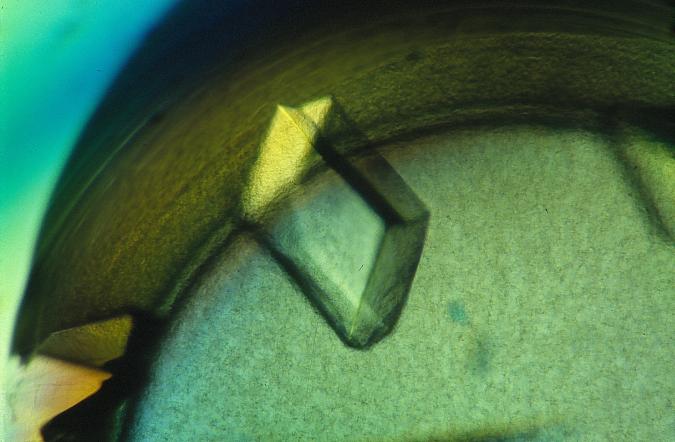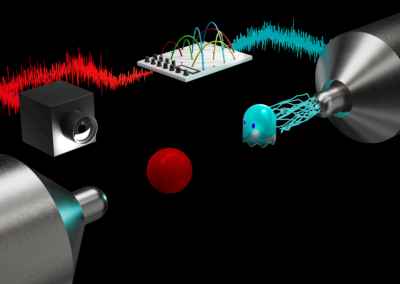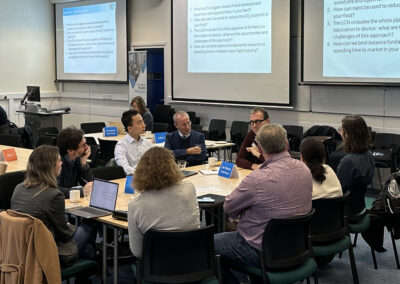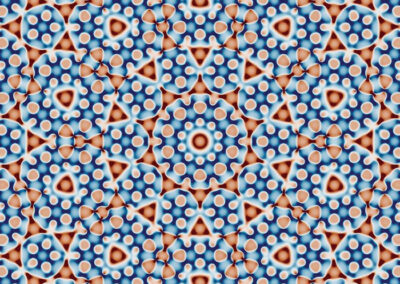Scientists at Imperial College London are developing new nano-materials and technologies that include high-throughput methods for producing protein crystals that are pivotal to the structural determination of biological molecules at atomic resolution. These underpin rational drug design, the understanding of biochemical mechanisms and other biotechnological applications.
Their research, spearheaded by Professor Naomi Chayen and her team members Sahir Khurshid and Lata Govada, in collaboration with the University of Surrey, was recently published in the journal ‘Acta Crytsallographica Biological Crystallograhy.’ It describes the design, fabrication and validation of the first non protein-nucleating agent (nucleant) made specifically for robotic, high throughput crystallization experiments. The nucleant, a created molecularly imprinted polymer (MIP), also known as a smart material, is effective in finding new crystallization conditions and in improving crystal quality.
The underlying theory is that MIPs imprinted with a protein can improve crystallization of that protein and other proteins of a similar molecular weight. The MIPs based on polyacrylamide are synthesized in the presence of a template molecule in solution and a cross-linker reagent. Removal of the template, the protein of interest, after completion of the cross-linking step leaves behind a polymer shell with “nano cavities” effectively containing a fingerprint of the protein. The protein can then be reintroduced under crystallization conditions and so the polymer acts as a support around which the protein might crystallize. These MIPs are dispensed using commercially available robots and their application bypasses the concerns associated with seeding, solid and viscous heterogeneous nucleants.
The research has paved the way to commercialization by Imperial Innovations resulting in a patented product called ‘Chayen Reddy MIP‘ that can be used for the automated screening and optimization of any biomacromolecule. The application of these materials is simple and quick, and 20 nanolitres is sufficient for each trial. The product is cost-effective and provides a potent tool for scientists in academia and industry.

A human macrophage migration inhibitory factor crystal obtained with MIP
More information on this MIP Product:
http://licensing.imperialinnovations.co.uk/i/materials/smart-materials/CRMIP.html
Journal reference:
Sahir Khurshid, Lata Govada, Hazim F. EL-Sharif, Subrayal M. Reddy, Naomi E. Chayen. Automating the application of smart materials for protein crystallization. Acta Crystallographica Section D Biological Crystallography, 2015; 71 (3)
http://scripts.iucr.org/cgi-bin/paper?S1399004714027643
http://www.iucr.org/news/research-news/smart-crystallization



